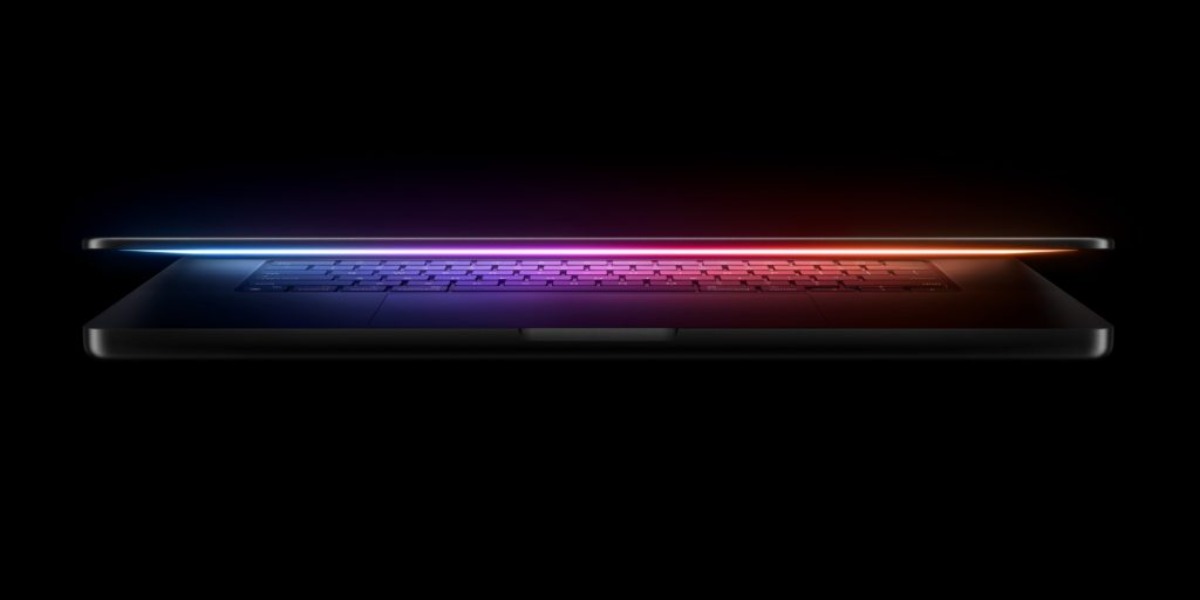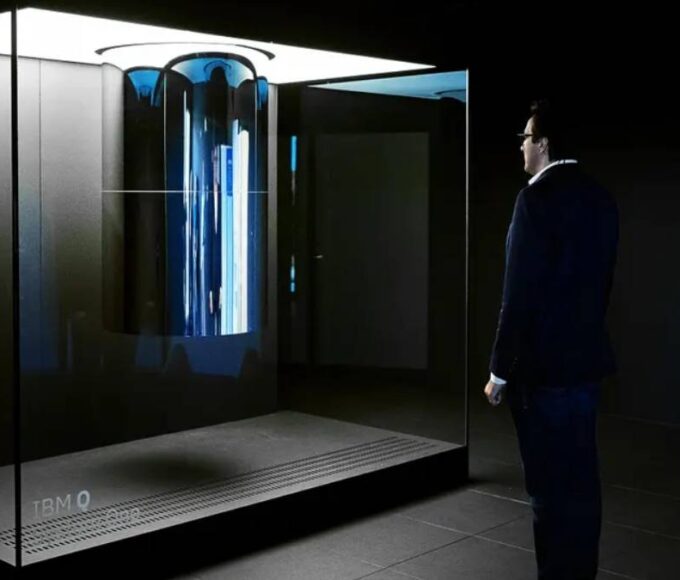As the deadline for Windows 10’s end-of-life approaches on October 14, 2025, many businesses are beginning to assess their device strategies.
For organizations already using Apple devices or considering a shift to cloud-based workflows, this could be the perfect time to explore expanding the use of macOS in the workplace.
The combination of Apple’s hardware, software, and security features is making Macs an increasingly attractive option for enterprise environments, and the end of Windows 10 support may accelerate this trend.
Windows 10 End-of-Life and Its Impact
Microsoft’s decision to end support for Windows 10 is already causing a ripple effect in IT departments worldwide. Devices that cannot be upgraded to Windows 11 will be phased out for compliance reasons, creating a natural hardware refresh cycle.
While these devices will continue to function, businesses need to ensure compliance with updates and security patches. This situation presents an opportunity for organizations to consider switching to macOS, especially for those already using Apple devices or exploring cloud-based solutions.
The Case for macOS in the Workplace
With the growing popularity of Apple Silicon and the strong performance of Macs, it has become easier for businesses to justify the total cost of ownership when compared to aging PCs.
Apple Silicon, which offers multi-year hardware support, fast performance, and strong security, has proven to be a game-changer for personal computing. Macs also benefit from long-term software support, making them a viable option for businesses looking to future-proof their operations.
For organizations that have already integrated iPhones and iPads into their ecosystems, expanding macOS support is relatively simple. Apple’s ecosystem is designed to be seamless, and the infrastructure for managing Apple devices is already in place in most modern enterprises.
Apple Silicon’s Enterprise Success
Since its introduction, Apple Silicon has made significant strides in the enterprise world. With powerful performance and impressive battery life, Apple’s new chips have proven their worth. The 2020 MacBook Air, for example, continues to perform well even years after its release, offering a compelling case for businesses looking for long-lasting devices.
Apple’s commitment to security and long-term software updates makes Macs even more attractive for businesses looking for reliable devices that will serve their needs for years to come.
A Potential Boost for Apple in Enterprise Adoption
The transition away from Windows 10 will force many IT departments to rethink their hardware strategies. For some, this could mean embracing Macs as a more efficient and secure option.
As Apple continues to grow its share of the market, the end of Windows 10 support could serve as a significant catalyst for enterprise adoption of macOS.
In the coming months, businesses will have to make decisions about their device strategy, and Apple’s strong track record in performance, security, and ecosystem integration could give it a major edge over traditional PC options.












Leave a comment